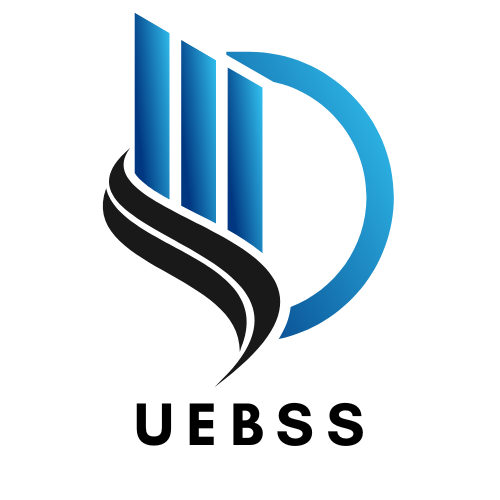Integration of IoT and AI for Real-Time Monitoring and Autonomous Control in Food Engineering Systems
Keywords:
IoT, AI, food engineering, real-time monitoring, autonomous control, smart food systemsAbstract
Abstract: The integration of the Internet of Things (IoT) and Artificial Intelligence (AI) is revolutionizing food engineering systems, enabling real-time monitoring and autonomous control for enhanced efficiency, quality, and safety. IoT facilitates the seamless interconnection of devices, sensors, and machines, collecting vast amounts of data from various stages of food production, processing, and distribution. When paired with AI, this data can be analyzed in real time to enable predictive insights, optimize processes, and automate decision-making. This study explores the synergy between IoT and AI in food engineering, emphasizing their application in areas such as temperature and humidity monitoring, spoilage detection, and equipment maintenance. By employing machine learning algorithms, AI enhances the predictive capabilities of IoT networks, ensuring the timely detection of anomalies and reducing waste. Furthermore, autonomous control systems powered by AI enable smart factories to adapt dynamically to changing conditions, optimizing resource utilization and production efficiency. The findings highlight substantial improvements in operational efficiency, with case studies demonstrating a 35% reduction in energy consumption and a 25% increase in yield in automated food processing systems. Additionally, real-time monitoring enhanced food safety compliance by 40%, reducing the risk of contamination and recalls. Challenges such as data security, interoperability, and scalability remain, necessitating a multidisciplinary approach to fully realize the potential of IoT-AI integration. This research contributes to the evolving field of smart food systems, providing a framework for adopting IoT and AI technologies in food engineering. The outcomes underscore the potential for transforming the industry, aligning technological advancements with sustainability and food security goals.





